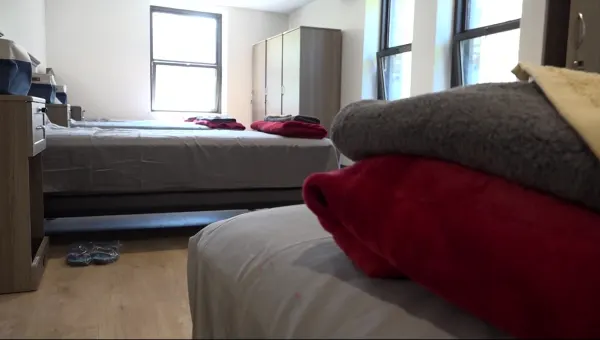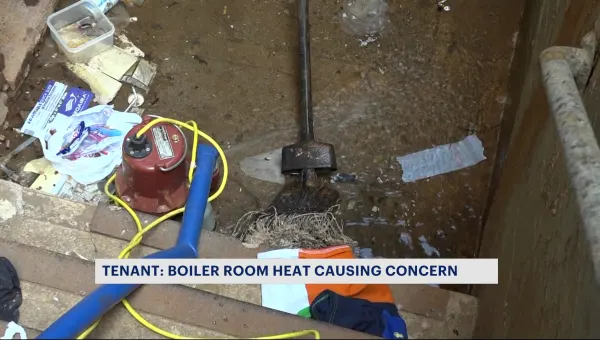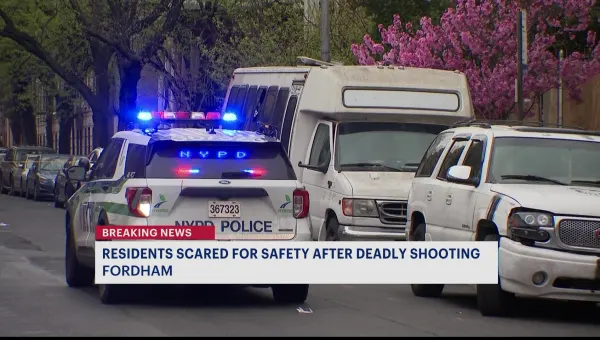Watchdog group: LIRR can save millions by laying off half of its conductors
The report was issued by the nonprofit watchdog group Citizens Budget Commission.
News 12 Staff
•
May 26, 2021, 8:29 PM
•
Updated 1,064 days ago
Share:
More Stories
2:34

Guide: Safety tips to help prevent home burglaries
50ds ago2:19

Guide: Safety measures to help prevent fires and how to escape one
198ds ago2:40

Mayor's budget cuts: A controversial solution amidst immigration crisis
217ds ago2:07

Tips on how to avoid confrontation with sharks while swimming in the ocean
282ds ago2:33

5 tips to prevent mosquito bites and getting sick from viruses
293ds ago2:39

NEWS 12 EXCLUSIVE: ‘He drove into the water.’ Car drives off dock in Patchogue; News 12 crew helps in the rescue
314ds ago2:34

Guide: Safety tips to help prevent home burglaries
50ds ago2:19

Guide: Safety measures to help prevent fires and how to escape one
198ds ago2:40

Mayor's budget cuts: A controversial solution amidst immigration crisis
217ds ago2:07

Tips on how to avoid confrontation with sharks while swimming in the ocean
282ds ago2:33

5 tips to prevent mosquito bites and getting sick from viruses
293ds ago2:39

NEWS 12 EXCLUSIVE: ‘He drove into the water.’ Car drives off dock in Patchogue; News 12 crew helps in the rescue
314ds agoA new report released this week suggests that the Long Island Rail Road could save millions of dollars a year without reducing service by laying off half of its conductors.
The report was issued by the nonprofit watchdog group Citizens Budget Commission. In the report, the CBC says there are a number of things the MTA can do to save nearly $3 billion by the year 2022.
Reducing the number of conductors was one way. Other cost-saving measures suggested include setting up automated turnstiles at stations where riders can swipe their tickets to get on the train and using the remaining conductors on the trains to check tickets. The CBC says those measures are called proof of payment and are done on commuter trains in Europe.
Anthony Simon, the general chairman of Smart Union, which represents LIRR workers, says the report unfairly targets conductors.
"If you can figure out how much money that's going to cost to put a turnstile in on every Long Island Rail Road station, they'd be throwing money out the window," says Simon.
LIRR riders have mixed feelings about the idea.
"Always concerned about people losing their jobs, but I commuted for 18 years, and I do know that it could really be a more effective system to pay before you get on," says Marian Conboy, of Wantagh. "So, I think it's a good idea, but I don't like that people would lose their jobs."
Other commuters like Brian Byrne, of Wantagh, say ticket prices are always going up and to lay off workers now is terrible.
A spokesperson for the LIRR says, "We appreciate the proposals and the time put in by the CBC to make these recommendations. We welcome the ideas as we look for ways to build on our recent successes in improving safety and reliability of the railroad."
The CBC says implementing proof of payment would allow the LIRR to cut half of its conductors and save $150 million a year.





